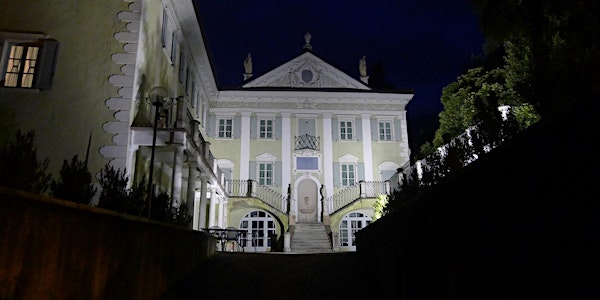
Nuclear Astrophysics in the Gravitational Wave Astronomy Era
Date and time
Location
ECT*
Strada delle Tabarelle, 286 38123 Trento ItalyDescription
Nuclear Astrophysics in the Gravitational Wave Astronomy Era
June 12 - 16, 2017
Organisers:
Omar Benhar (INFN and Università La Sapienza)
Bruno Giacomazzo (Universita’ di Trento and INFN-TIFPA)
Francesco Pannarale (School of Physics and Astronomy - Cardiff University)
Abstract
The first direct detection of gravitational waves on September 14, 2015 marks a turning point in our understanding of the universe, as it provides us with a new mean to learn about the cosmos, from fundamental physics to astrophysics and astronomy. In light of this, several high-energy astrophysical phenomena, such as neutron star binary mergers, gamma-ray bursts, and supernova explosions, are unique cosmic laboratories because their gravitational-wave emission conveys otherwise inaccessible information about matter under extreme conditions. Additionally, such emission is accompanied by electromagnetic radiation, a further channel to probe matter at supranuclear densities. We still lack, however, the complete understanding of these phenomena that is necessary in order to unleash the full potential of their electromagnetic and gravitational-wave spectra. This workshop aims at bringing together nuclear physicists, astrophysicists, and astronomers to examine open issues and to establish strategic studies and synergies, needed to pave the way for an improved understanding of nuclear physics in the gravitational wave astronomy era.
Organized by
The European Centre for Theoretical Studies in Nuclear Physics and Related Areas (ECT*) in Trento (Italy) provides a dedicated and structured combination of scientific activities for a large international scientific community. ECT* acts as an "intellectual" centre of competence, complementary in scope and activities to existing research facilities based at universities or experimental laboratories. It promotes coordination of European research efforts in nuclear physics and related research areas.